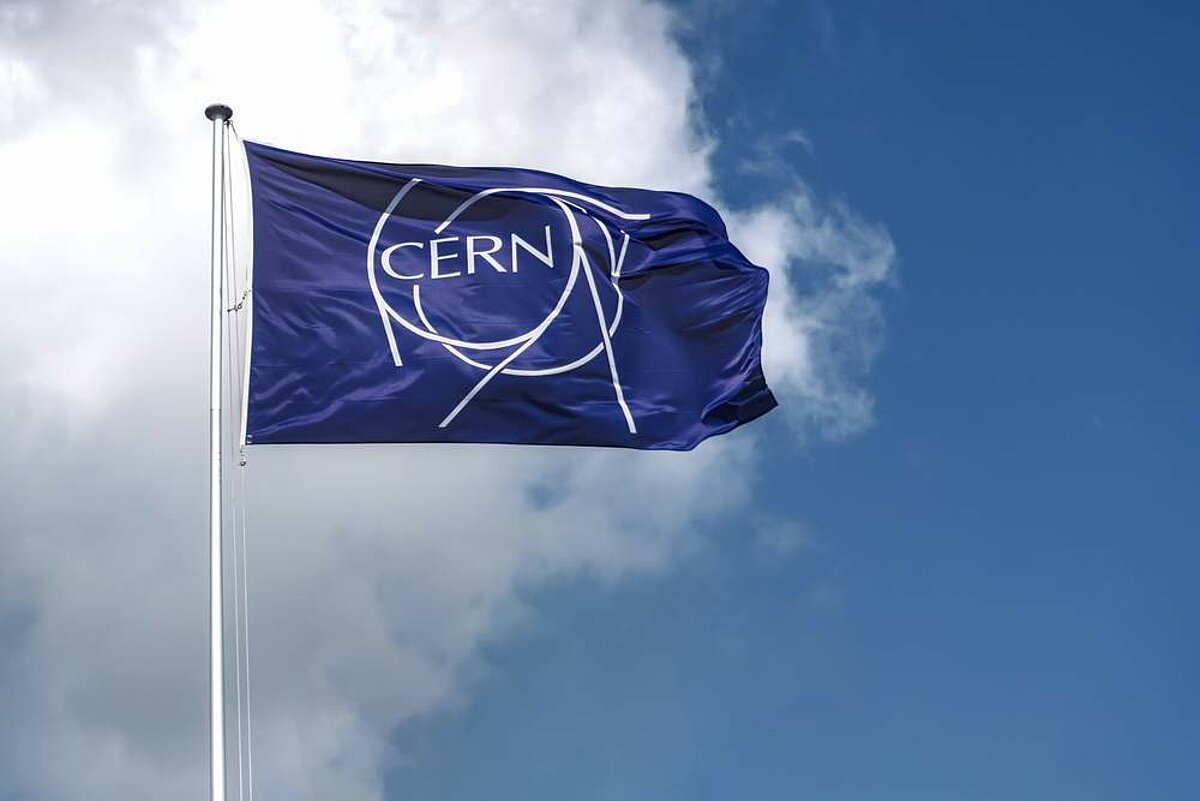
For more than a year, Latvia has been enjoying the fruits of its labour as an Associate Member State of the European Organization for Nuclear Research (CERN). In 2026, Latvia is expected to become a Member State of CERN.
The proposal of the Ministry of Education and Science, supported by the government, aims to extend Latvia’s involvement in CERN programmes and to approve a strategy for further Latvian cooperation with CERN. Latvia’s next step is the pre-stage to Membership status, which is granted after the relevant decision by the CERN Council. Latvia’s CERN strategy and extended involvement in the programmes will contribute to Latvia’s chances of becoming a Member State of CERN already in 2026.
By expanding Latvia’s participation in CERN, the objectives of the National Development Plan and the Smart Specialisation Strategy will be achieved. The Science, Technology Development and Innovation Guidelines 2021-2027 state that the strategic overarching objective of the policy is to promote the development of a smart, technologically advanced, and innovative society in Latvia. To achieve this, it is necessary to improve the work quality of research institutions and increase their international competitiveness. This objective can be achieved through well-designed and targeted measures, such as an integrated approach and stable public funding for CERN activities that increase scientific capacity and expertise in high-energy physics and accelerator technologies.